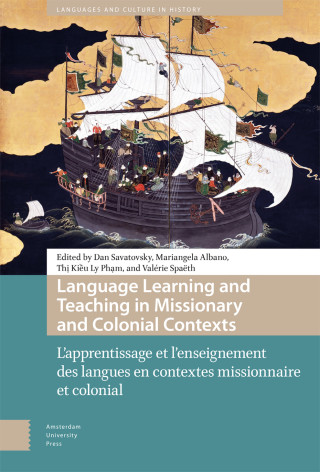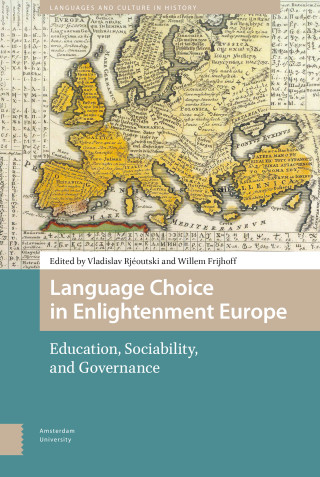Pieter C. Muysken († 2021) was born in Bolivia but grew up in the Netherlands. He was a Professor of Linguistics at the universities of Amsterdam, Leiden, Nijmegen, and Stellenbosch, South Africa. As the winner of the Bernhard Prize, Prix des Ambassadeurs, the Spinoza Prize, and many other awards, he is considered one of the greatest, most diverse linguists of the time. He has over 230 publications to his name and his life-long research on Ecuadorian Quechua culminated in the book El kichwa ecuatoriano: Orígenes, riqueza, contactos (2019).





